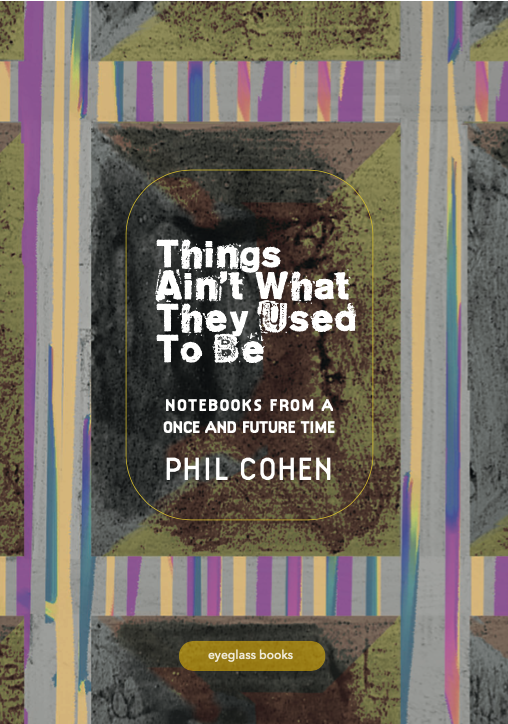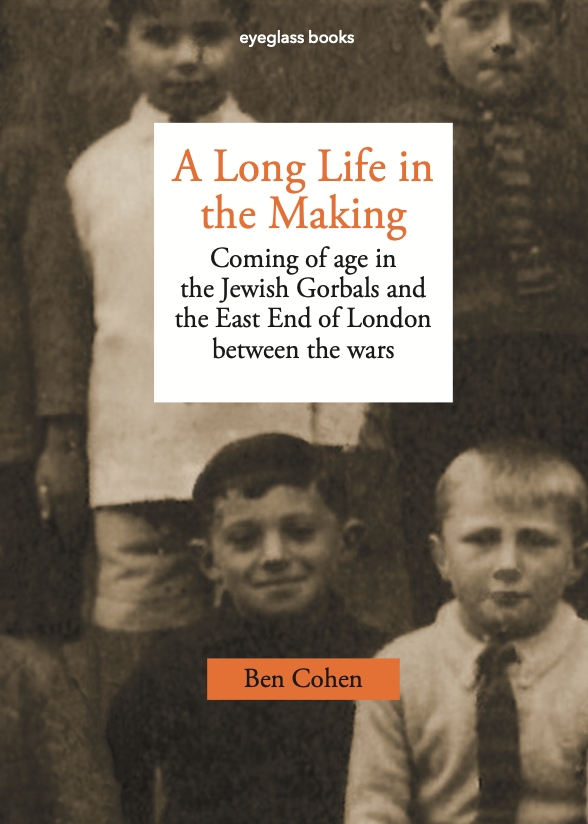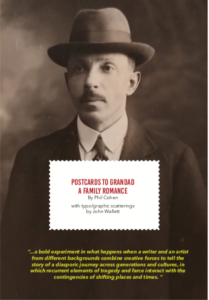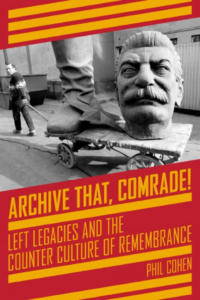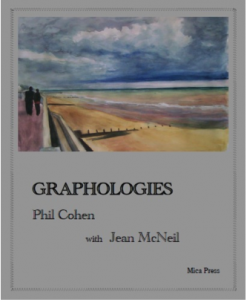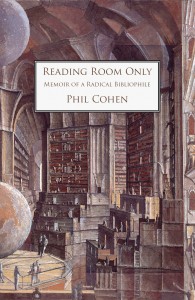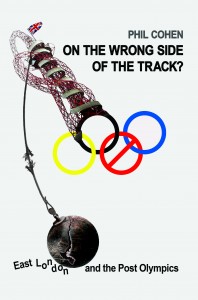A Xmas story about two films.
Recently I visited an exhibition of work by Humphrey Jennings, whose book, Pandaemonium, was a key inspiration for Danny Boyle’s Isle of Wonder’s Opening Ceremony for the London 2012 Olympics. Jennings was an interesting blend of Romantic Marxist and surrealist, who played a leading role in the British film documentary movement in the 1930’s and 40’s. Pandaemonium is a montage of quotations about the Industrial revolution somewhat along the lines of Walter Benjamin’s famous Arcades project. Indeed he has been called the English Benjamin. In fact his work is very English in its lyrical evocation of the English countryside and its people, and very un-English in its inter-disciplinarity and range of ideas.
One of the films that was shown was Diary for Timothy. Made in 1944, after the D day landings, when the tide of war in Europe seemed to have definitely turned in the Allies favour, the film documents everyday life on the Home Front and looks forward to post war reconstruction. The ‘diary’ is a narrative device which allows hopes for a better world, free from poverty, violence and injustice to be addressed to an infant who has been born into war but also into the prospect of peace. The film documents the flying bombs that attacked London in the last months of the war, which I remember vividly. Timothy is shown snuggled warmly and securely in his mother’s arms, smiling and content amidst the fear and panic caused by these fiendish devices. I was not so fortunate as my mother’s terror communicated itself to me all too directly and I had to be evacuated to my grandmother in Wales.
Watching the film with my partner Jean, who spent her early childhood in New York, was a strange experience. Although we had very different early lives, we shared a certain nostalgia for a more innocent age when popular patriotism had a progressive, democratic and even socialist character. Jenning’s film is by no mean’s jingoistic, and watching Dame Myra Hess playing Beethoven sonatas to a crowd at the National Gallery brought tears to our eyes in its simple affirmation of the power of music to travel across the frontiers of cultural nationalism. The film brings out and celebrates what David Graeber has called ‘actually existing communism’, the culture of spontaneous mutual aid and social solidarity that often emerges in wartime conditions, ( alongside the black market, and other less hopeful forms of human behaviour).In the 1940’s it was still just about possible to imagine that this culture had some connection, however tenuous, with the actually existing communist movement, although as we now know communist parties did their best to suppress it.
It is this same culture which is evoked by the Olympic movement in its vision of peaceful sporting competition bringing young athletes from the whole world together to form a single community of sporting endeavour committed to the values of peaceful fraternity. In practice, of course, the reality of the Olympics falls far short of this ideal, and London 2012 was exploited as a platform for global commerce and for the enactment of the Tory vision of the Big Society. Still the fact remains that the Olympic Spirit as such cannot be bought or sold, even if it can be travestied and commodified.
The same is true of the Christmas Spirit, which is supposed to be in evidence this time of the year, a time of mutual sharing and caring, feasting and enjoyment . But how many gifts are given without strings attached? How many parents on low incomes buy expensive stuff for their children that they can ill afford so they can keep up with their peers in the consumer stakes and in the delusion that it will be repaid by good school grades, being kind to animals and old people, and generally behaving otherwise that the spoilt brats they are being turned into by their parents ‘generosity’.
We recently saw another film classic, ‘Frank Capra’s ‘It’s a Wonderful World’ which raises the issue of mutualism is a very different way. The film was also shot in 1944, and is set in a New York suburb where the hero, played by a young Jimmy Stewart runs the family business which makes loans at low interest rates to poor working class people so they can get out of the slums and buy their own homes. Jimmy has dreams of travelling and ‘seeing the world’ but is prevented from realising them by his father’s death and by his determination that a slum landlord, the archetypal fat bloated capitalist, who has shares in the firm, will not take over. Eventually he is driven to point of bankruptcy by the machinations of his enemy and contemplates suicide. Fortunately the Gods, in the form of an angel is search of his wings, intervenes to rescue him. The whole story is actually told in flashback, as the hero’s life is reviewed; at one point he exclaims that he wishes he had never been born. His wish is immediately granted and in the sequences which gave the film its classic status, we are shown a counter-factual version of history in which he visits the home town at Christmas to discover that would have happened if he had never lived. Main Street has become a sleazy red light district, the housing estate is a graveyard, his wife never married and became a dried up spinster. With a little help from the angel Jimmy’s realises that life is after all worth living and he rushes home to welcome his brother who went to war and returned a hero and also to discover that all the little people whom he helped have rallied to his side and donated their savings to help him remain solvent. The film ends around the Xmas tree with the whole community singing carols and auld lang syne, with even the baddies joining in.
Of course the film is hopelessly sentimental in its celebration of a caring sharing small business winning out against the evils of Big Capitalism and everyone living happily after following the American Way. Some at least of that can be put down to popular optimism in the USA that winning the war would usher in a triumphalist epoch of peace and progress in which small town values of decency would be written large across the world. Capra’s film is dedicated to that proposition.
Today the film’s basic message – that acts of generosity bring a reward in the hereafter and that a beneficent guardian angel is all you need to see you through hard times- fall on rather more sceptical, if not entirely deaf, ears. It was, after all, financial speculation on bad debts created by sub prime mortgages lent by banks to help lower income families buy their own homes in the USA that has thrown the world economy into recession. Nevertheless acts of generosity or no-strings-attached giving have not lost their power to evoke another possible world in which other than market values prevail. It used to be a called a ‘moral economy’ and perhaps we needs to spend more time thinking about what that might entail in the contemporary world. On which seasonal note I should perhaps end this blog by wishing all my friends and colleagues, all the best for a happy post-Olympic 2013.
